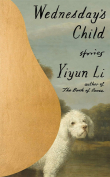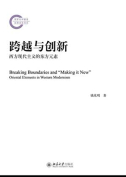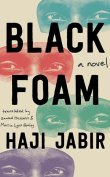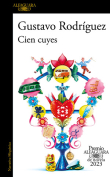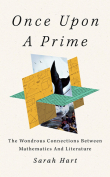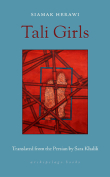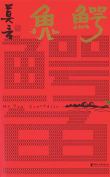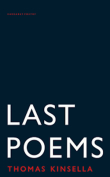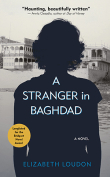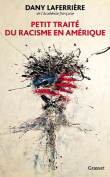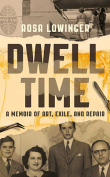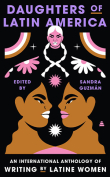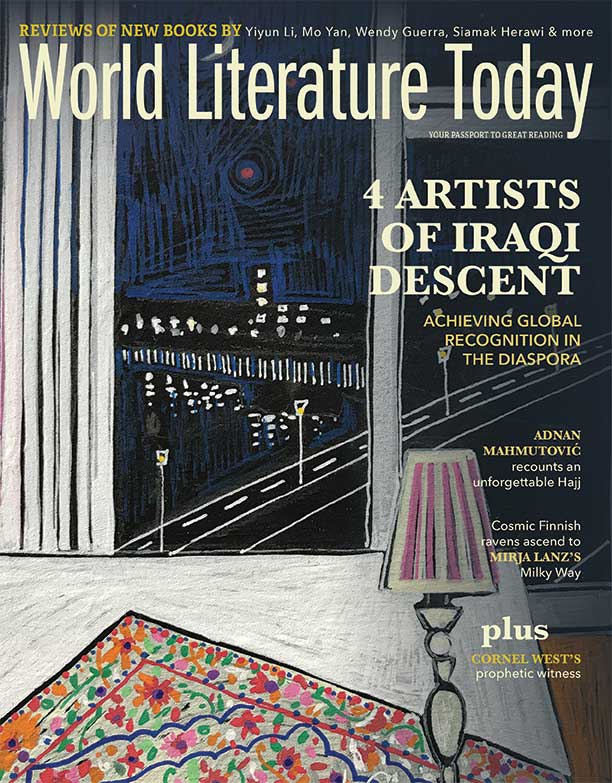A Stranger in Baghdad: A Novel by Elizabeth Loudon
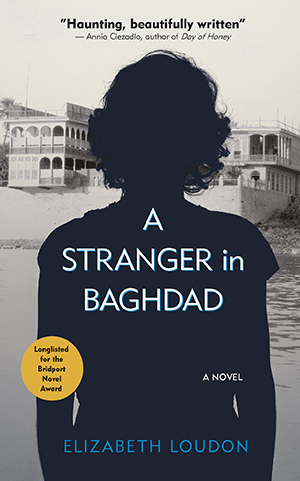 Cairo. Hoopoe. 2023. 443 pages.
Cairo. Hoopoe. 2023. 443 pages.
A Stranger in Baghdad is the literary debut of author Elizabeth Loudon, who lived in Iraq during the 1970s. It is a stirring novel about a family—and their involvement in Iraqi and British politics—who resist difficult times in Iraq, including political changes that have defined and highlighted their lives.
“Baghdad’s not for the faint of heart,” says one character in the novel. Each character will get to know the city through their own personal conflicts and dilemmas that continues to develop throughout the decades in which the story takes place. The novel is an intensive portrayal of the realities in which the family finds itself. Assassinations and personal hardships, including gender inequality, are an everyday issue for the family. Through them the changing political landscape of Iraq is imminent in the novel.
The beginning of the book starts with the perspective of the daughter of the family, Mona Haddad, an Iraqi British psychiatrist who lives in post-9/11 London. The US invasion of Iraq has just begun. Both daughter and mother, Diane, deal with the political developments differently. Mona is more of an introvert, while Diane is politically active. While Diane may be the novel’s main character, equal importance is given to the myriad of characters who interact with her, living across Britain and Iraq. The reader gets a glimpse of just how connected different cultures can be through the family’s eyes. The novel evolves over three parts, each intertwined through the characters that play a role within the family’s structure.
The story is told from the alternating perspectives of Mona and Diane. They get a visit from an Englishman going by the name of Duncan Claybourne, who was a British diplomat when Diane was a young woman in Baghdad. It is rumored that he was somehow involved in the death of King Ghazi, but there was no evidence to the claim. The relationship between Diane, Iraqi society, and the British diplomats is carefully depicted, and each of them play an important role in Diane’s time in Iraq. While Ibrahim, her husband, doesn’t like the fact that Diane is working, she gets the chance to work as a nanny for the royal family in Iraq. She starts to learn Arabic as well. This makes her a target for British intelligence, who try and form a relationship with her.
The novel is full of multilayered characters who are part of the family and have their own connection with the main characters and the country they live in. Each hardship that the family witnesses transforms them in a way that they reflect on their lives and their circumstances.
The novel takes place within different time frames and timelines, and Loudon uses this device to shed light on issues without resorting to stereotypical characterizations of Iraq. The author realistically depicts Iraq and its people during the twentieth century, as well as the political and cultural circumstances in which the characters find themselves.
Novels about Iraq are becoming more present in American literature even though they still form a tiny section of the literary landscape. Loudon uses Iraq as its own character and brings a new kind of voice to this genre and strong voices to women during this era. The novel was longlisted for the Bridport Novel Award and won the Stroud Book Festival fiction competition.
Tugrul Mende
Berlin
